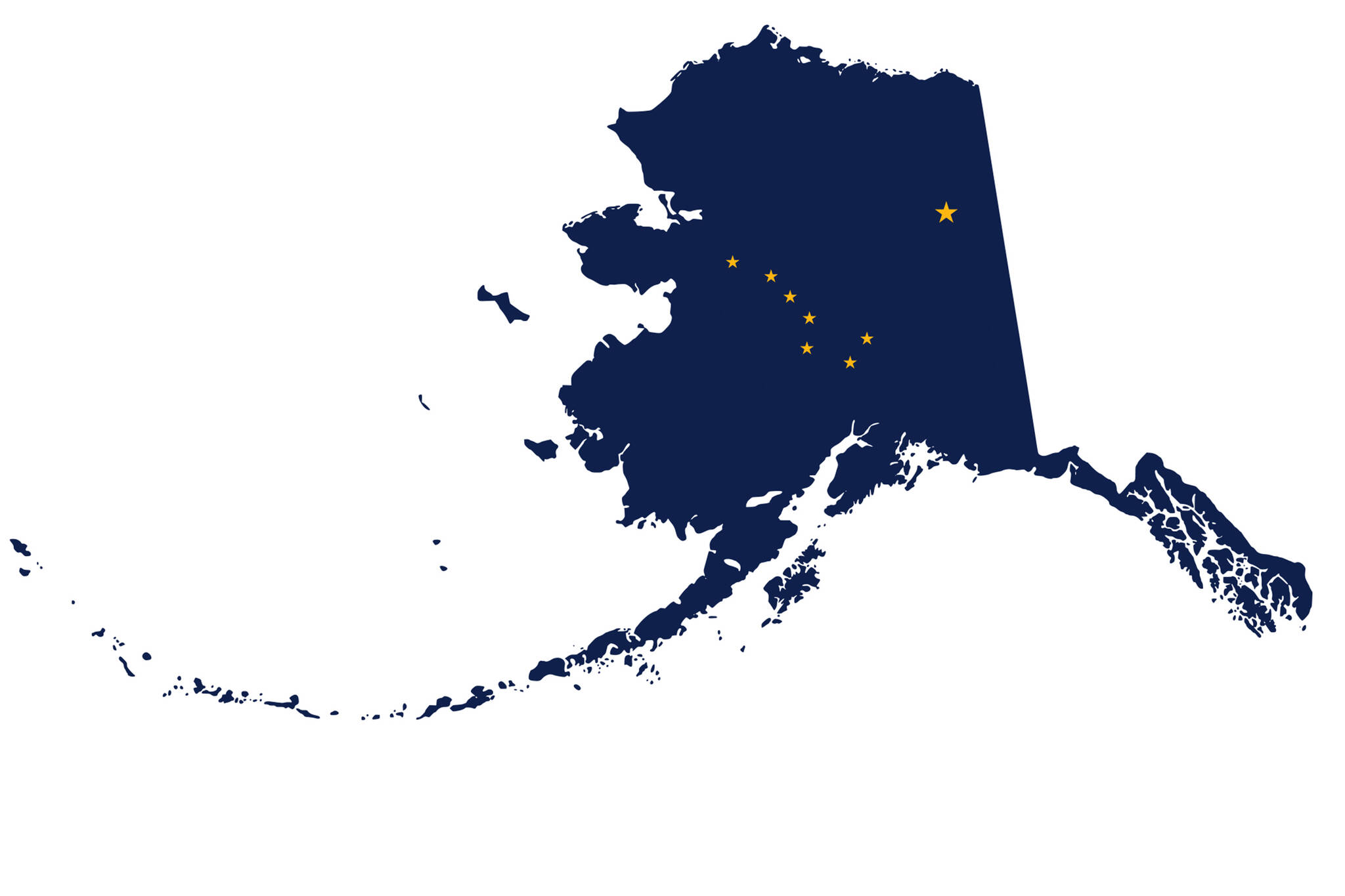Sustainability is an abstract thought when you’re young and invincible like the state of Alaska. Time and technology are now rolling into our great wilderness at record speed. So are the roiling masses of people and the de-natured undrinkable river waters and lakes, the unfarmable waste lands, the asphalt landscapes and the pesticide laden, emissions soup that is the air quality of most of the nation.
The way the rest of the nation was developed cannot be the scenario for Alaska lest we face the same fate.
Sustainability means investing in keeping Alaska as healthy as possible. Long-range planning to keep certain water drainages and ecosystems intact is a must. Long-range planning means making choices at the inception of big projects like Man Choh, Ambler Road, and other proposed projects to access precious or rare resources. Long-range planning means making sure that access to food production sites like the Delta Region is easy, cost effective, and increases food security for locals and the state. Food security is very important.
Sustainability in Alaska also means regionalization. At present so much of our transportation and access to outside goods and services is concentrated in the most earthquake prone, volcanic region in the world. The Mat-Su valley once the breadbasket of Alaska has become an urban jungle whose zoning laws seem to have been slapped on at the last possible moment. The area has developed so fast there is now a bottleneck of car and truck traffic several times a day going to and from Anchorage.
Sustainability means developing the Northwest Arctic and the Seward Peninsula with a railroad from Ambler to Nome. The ports in the region are already being built or modified as deepwater ports. There are resources in this area, but once again the saving of bird habitat and wetlands is a priority now. The present plan to build a road to the Dalton/Haul Road is absolute madness. It’s been tested across America. It is not a sustainable approach. You may not ride rough shod through a herd of caribou and expect them to live and thrive. This proposed route will be passing through the headwaters of every major river in the region. That is a death sentence for any eco-region in the world. It mucks up the waters from the get go. Least invasive should be the catch word for this region.
Sustainability means maintaining and expanding the Alaska Marine Highway System. We have the most coast of any state in the union. Why would we ignore something somuch a part of the states right of way and Alaska way of life? Just a ferry from Anchorage to Ninilchik would mean increased road safety and decreased road travel. A ferry from Naknek to the mouth of the Kuskokwim, St. Michaels, and Nome would increase accessibility and local mobility.
Sustainability is also building a railroad to the Delta region farmlands. The farmers in the region have been advocating for market outlets for a very long time. Just as a start a railroad should be built from Eielson to Fort Greely. This would free up the road congestion often brought on by military vehicles in transit and RVs. The winter weather conditions often make this area of road unsafe. The farmers wish for a spur rail to the Alaska Farmers Coop.
Building railroads may be old-fashioned and slow, but it is what built America, Canada and continues to sustain countries around the globe. We should be looking to Europe, India, Russia, and Japan for examples of mass transportation. What works? What would be most appropriate for Alaska?
The bottom line is we cannot continue to follow old models of development that are not sustainable and do a disservice to people and the environment.
Adeline Raboff is an ethnohistorian who lives and works in Fairbanks, Alaska. Sustainability is her issue.

